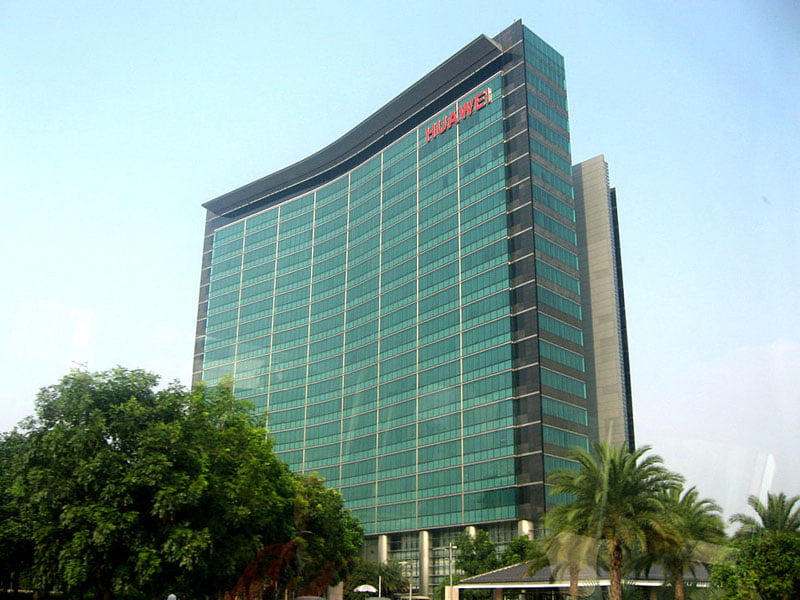Banning Huawei from participating in Australia’s 5G network could cost up to $300 million annually and lead to three million Australians missing out on the new technology, according to an Oxford Economics report commissioned by Huawei.
The new report comes as the UK government seems increasingly likely to allow Huawei to participate in its own 5G network, in contrast to the US and Australia, both of which have banned the Chinese tech company.
The Australian Government banned Huawei from the Australian network in late 2018, just days before Scott Morrison became Prime Minister. The ban was one of Mr Morrison’s only decisions as the acting Home Affairs minister during the leadership crisis that saw Malcolm Turnbull ousted.

The ban was implemented due to concerns about “extrajudicial directions from a foreign government that conflict with Australian law”, centred on a law in China which compels “all organisations and citizens” to help the country’s intelligence work and alert the government of any vulnerabilities.
Huawei has now brought in Oxford Economics to investigate the economic impact of blocking the company from the 5G networks of eight major countries around the world.
In Australia, the report concluded that the ban could increase local operators’ deployment costs by between $100 million and $300 million and lead to up to 3.1 million people missing out on the technology by 2023.
It also estimated that the permanent loss in GDP due to a delay in the 5G rollout in 2023 could be between $US0.8 billion and $US8.2 billion.
“This report underlines what we have been saying since the Turnbull government excluded Huawei from delivering 5G – the decision will only end up hurting ordinary Australians, especially hitting hardest those in regional Australia,” Huawei Australia spokesman Jeremy Mitchell said.
“These extra costs mean that operators simply won’t be able to afford to deliver 5G services across rural and regional parts of Australia where the technology could be most beneficial,” he said.
“Regional and rural Australia has already been saddled with the hugely problematic NBN Satellite and Fixed Wireless services that normally deliver low-speeds in peak times – they can’t be let down on 5G too.”
The report comes at a crucial time for the company, with the UK government to decide imminently whether it will allow Huawei to be involved with its 5G network build.
According to former UK national security adviser Mark Lyall Grant, the UK government is set to approve the use of Huawei’s technology. Mr Grant told the Observer newspaper that he believed government is confident it can mitigate any risks associated with the involvement of the Chinese firm.
Former Australian Prime Minister warned the UK against this move last week in an interview on BBC Radio Four, saying it would make the network “vulnerable”.
“It’s not a question of saying, Huawei is doing bad things at the moment. The real question is, not looking for a smoking gun, but asking whether this is a loaded gun, and whether you want to have that risk,” Mr Turnbull said.
“We did a lot of work to see how we could mitigate the risk and the conclusion we came to was that there just wasn’t a satisfactory mitigation of the risk. Prudence would suggest that the better course of action is not to use high-risk vendors and 5G, there are alternatives, European alternatives.”
He also questioned whether the UK wants to give China the ability to interfere with “one of the most fundamental technological platforms of your modern economy.”
Huawei quickly hit back at Mr Turnbull’s comment.
“It is very disappointing that Mr Turnbull continues to rely on factually incorrect information when commenting on his government’s decision to exclude Huawei from delivering 5G in Australia – the Australian people deserve to be told the truth on this matter,” Mr Mitchell said.
“Huawei has supplied Australia with world-leading 4G technology safely and securely. In our over 15 years in Australia we have never had any cybersecurity issues. During our engagement with the Turnbull government we made it absolutely clear we would take whatever measures were necessary to mitigate any perceived risks identified.”
Do you know more? Contact James Riley via Email.

